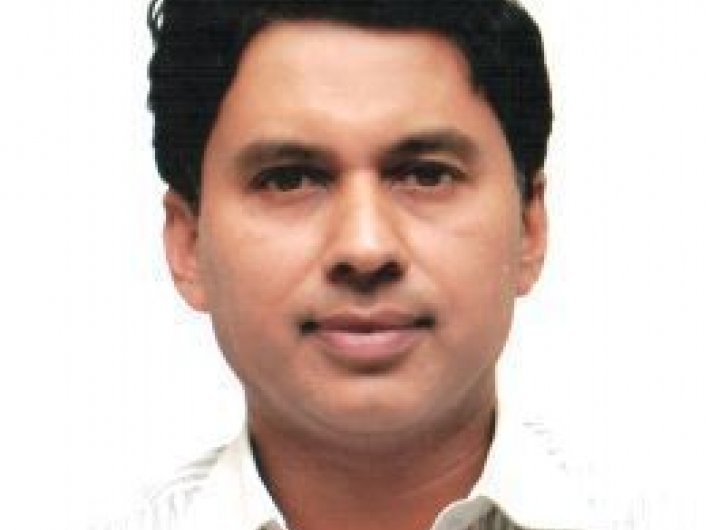Some issues related to the pradhan mantri jan dhan yojana (PMJDY) have surfaced which even the RBI governor has flagged, like duplication of accounts. How do you plan to ensure effective implementation of the scheme and solving these problems?
We are aware of it, but it might have happened because some people may have felt that by opening an account under PMJDY they might get additional benefits which are being offered under the scheme, such as overdraft facility and insurance cover of '1 lakh. We are trying to educate people that the benefits which are being offered under PMJDY will also be available to account holders who had opened their accounts before the launch of this scheme. So, those who already have an account, do not need to get another account just to avail these benefits.
People are not totally aware about the provisions related to the overdraft facility and insurance cover. In many cases people are lining up in the banks asking for overdraft.
Sometimes there is misinformation in the system, but we will eradicate it by disseminating information, and through financial literacy. We are educating people through different means and we will overcome these problems very soon.
ALSO READ: Jan dhan: A look at the progress and challenges of financial inclusion
Banks are also struggling with many logistical issues such as shortage of staff, among others, in effectively implementing the scheme.
It is merely a transitory problem, not a permanent one. It will be overcome once the majority of people have opened their accounts.
Have you got any complaints from banks on problems they are facing?
We have not received any complainants as such. We hold video-conferencing every week with banks, and, as I said, these are all transitory problems and we will overcome them soon. Banks are told to engage more staff if they are facing a problem (of personnel shortage) and the work of opening accounts will be shared by banking correspondents (BC) also.
In the absence of tailor-made financial products to suit the needs of the poor, the scheme might lead to many dormant accounts, and eventually make the scheme irrelevant. What is your opinion?
We are encouraging a savings habit among people through financial literacy. Then one needs to know that the RuPay card needs to be swiped on a regular basis to claim insurance. Again, to have access to micro-credit, one needs to keep the account active. Further, direct benefit transfer (DBT) will also ensure that people are using the account.
How far do you think PMJDY would help in implementation of DBT?
There is sufficient stress on DBT under jan dhan scheme. Discussion has also taken place for linking Mahatma Gandhi National Rural Employment Guarantee Act (MGNREGA) with PMJDY. The benefits of PMJDY will be realised when people start getting their entitlements in their bank accounts.
There is a significant gap between the number of accounts opened and the RuPay cards issued. How will it be resolved?
We have to agree to the fact that in any system there are capacity constraints. Crores of accounts have been opened in the past one month and banks printing the cards need some time to adjust to the demand.
We had the option of giving routine cards on the spot, without personalisation. However, we thought that a personalised card would be more beneficial for the account holder. Since it bears the name of the account holder, it can be more easily traced in case of a loss, especially in rural areas.
There were some logistical issues also which have been sorted out (and) there is no dearth of cards at present. Personalisation and PIN generation took some time as the banks producing the cards needed some time to increase their capacity to meet the demand, which has been done now. Now they have scaled up their production capacity. Any sort of backlog will be cleared in (the next) two to three months.
This interview appeared in the October 16-31, 2014 print issue

